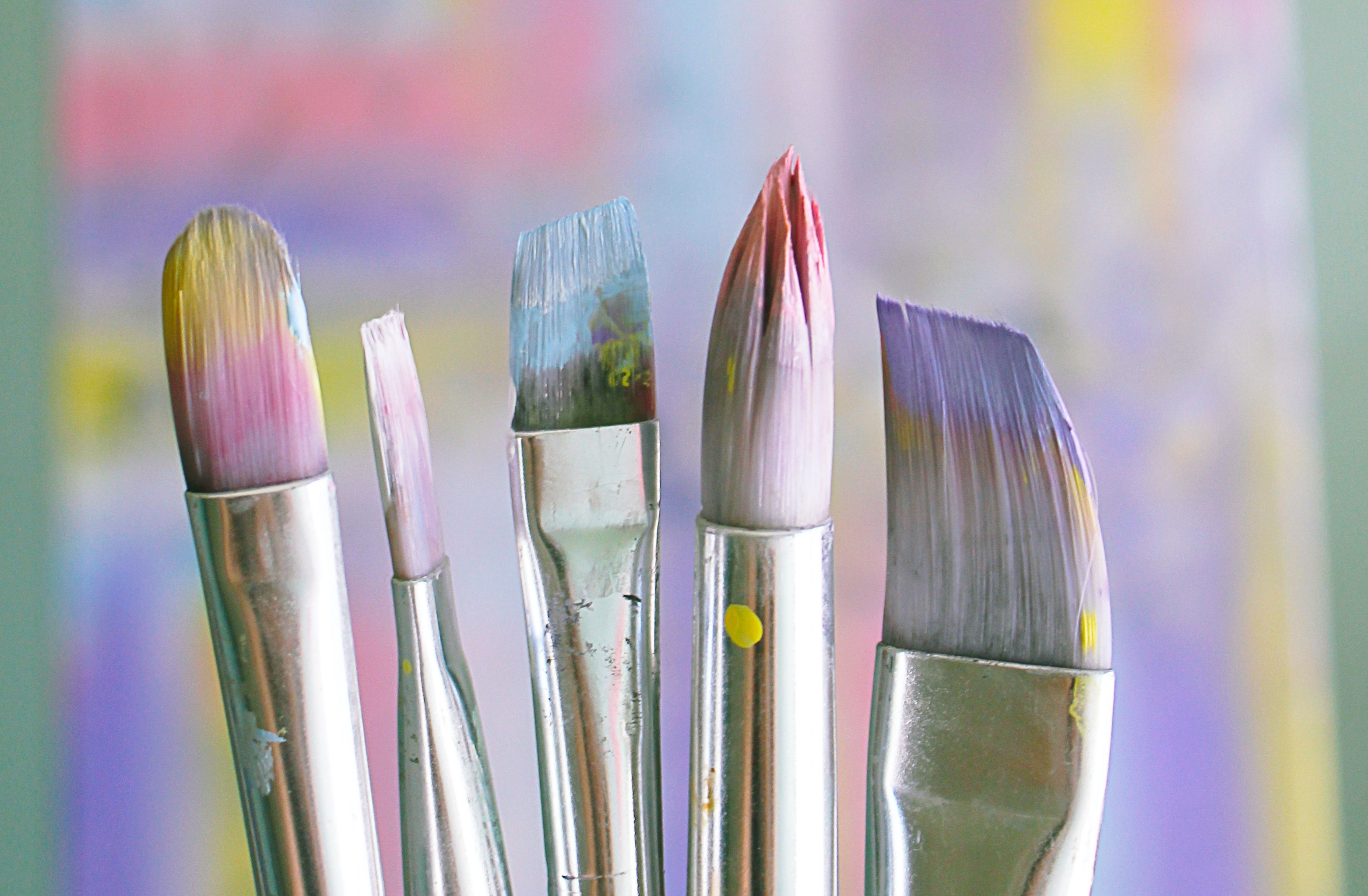How creativity and hobbies can benefit your health and wellbeing
When we think of things that are beneficial to our mental health and wellbeing, how many of us think of food and exercise, before considering creative hobbies? In our latest blog post, we look at how hobbies can help you to learn new skills and improve your wellbeing.
by IC24

Image from Pexels.com
When we think of things that are beneficial to our mental health and wellbeing, how many of us think of food and exercise, before considering creative hobbies? In our latest blog post, we look at how hobbies can help you to learn new skills and improve your wellbeing.
The link between creativity and wellbeing
A 2016 study from the YMCA investigated the impact of lifestyle factors on wellbeing in the UK. The study found that mental stimulation through a creative hobby increased wellbeing by 13% (1) . Managing your wellbeing is a full-time juggling act. It can be difficult to strike a balance between your work, social life and learning new skills. That’s why it’s a widely believed fact that hobbies can increase happiness and brain function, all while improving our mental health and mood.
Starting your new hobby
People tend to consider creativity as something you either have or don’t have. Creativity isn’t an innate quality that someone’s born with or without, it’s a skill that people can develop with practice.
Hobbies come in all forms, they can be creative, relaxing or physical. What separates a hobby from your everyday activity, is your level of concentration and engagement. It’s likely that if you’re mindlessly scrolling on your phone, it’s not a hobby that you enjoy! If you’re stuck for ideas and need a creative nudge, here’s a list of suggestions:
- Write short stories – Many of us may not have written an imaginative story since being at school. A short story only has to be a couple of pages and can be very fulfilling.
- Drawing and painting – Drawing and painting can be one of the most versatile hobbies for adults, since there are so many mediums you can learn. If you don’t know how to draw, no problem! Every talented artist was once a beginner.
- Puzzles – Puzzles have been around for centuries but seem to be making a comeback since the various lockdowns. If you’re looking for a way to escape technology and the hustle and bustle of everyday life, going back to basics with a puzzle can be soothing.
- Gardening – Indoor and outdoor gardening has come to the rescue for many people’s wellbeing. Houseplants have enjoyed a resurgence of popularity lately, and they’re a great option for those who don’t have outdoor spaces.
- Photography – There’s no need to buy an expensive kit to test whether you enjoy photography, as smart phone cameras become more powerful with each release. YouTube is a great resource for learning the fundamentals of photography.
- Dancing, singing or acting – Performing arts can be the ultimate feel-good exercise. Dancing, singing or acting can all have positive effects on combating anxiety and stress.
Using the rewards system to make time for your new hobby
Your free time outside of work and usual obligations is special and important. That’s why dedicating yourself to a new hobby that gives you joy, meaning and purpose can be so beneficial to your wellbeing. The reason that finding time for hobbies seems to work, is to do with how hobbies can affect the brain’s reward system. When we take part in a hobby we enjoy, chemical messengers like dopamine are released, which helps us to feel pleasure. These feel-good chemicals can make us want to do the hobby again and again!
Further advice and support
If you’re looking for further support with your mental health and wellbeing, then please see the below resources for more information:
MIND
Mental Health Foundation
References
(1) https://www.ymca.co.uk/health-and-wellbeing/feature/our-eudaimonia-research-report-how-do-humans-flourish (YMCA, 11th November 2016. Accessed 21st April 2021)